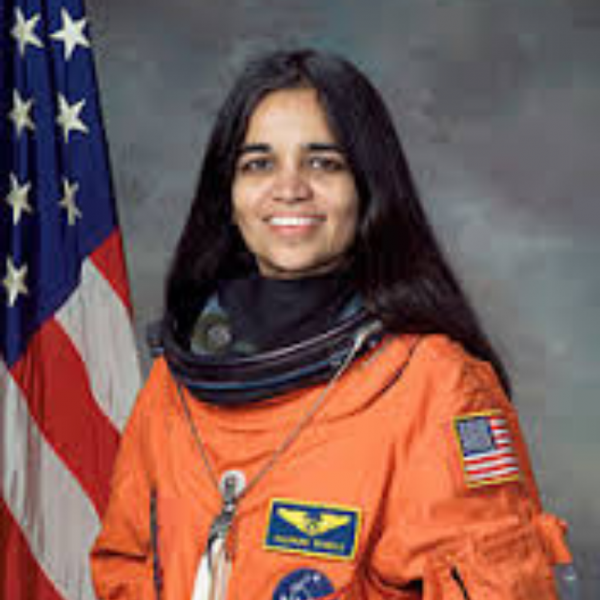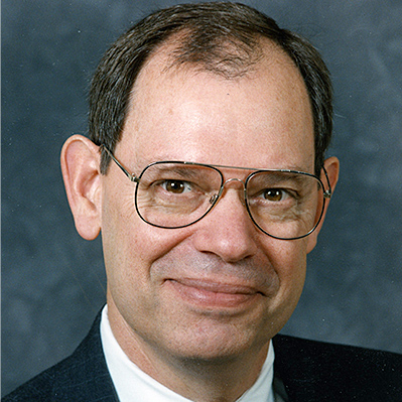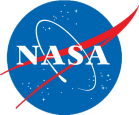OVERVIEW:

Aerospace engineers design and maintain aircraft structures and missile systems which operate within the earth’s
atmosphere. Since the machines they work on are highly complex and involve high risks, a studying upto a Master’s degree is advised. To a great extent it is aerospace engineers who have enabled humankind to safely explore the space around the Earth and set up various satellites to facilitate communication and knowledge transfer. This article will explain in detail what Aerospace Engineers do and how you can become an Aerospace Engineer.
WHAT DOES AN AEROSPACE ENGINEER DO?
One of the most fascinating aspects of aerospace engineering is it involves a tremendous number of sub-disciplines. Let’s take a look at a modern aeroplane, which illustrates some of the many things that aerospace
engineers have to be concerned with. Please note that aerospace engineers typically specialise in one of these fields.

FLUID DYNAMICS
With an airplane, we are flying through the atmosphere and so we need to understand fluid dynamics, the study of different fluids (air, liquids) and how forces affect them.
STRUCTURES AND MATERIALS
We’re leaving the surface of the earth and we have to overcome gravity, which means that weight is extremely important. So we have to make our structures very light, and yet they have to be very strong to be able to withstand the tremendous forces that we exert on them.
PROPULSION
We have to make things go very fast, so propulsion is an important. Propulsion means to push forward or drive an object forward.
AERODYNAMICS
We have to understand the forces which act on the airplane and how it influences the motion of the plane.
CONTROL SYSTEMS
There are multiple functions a pilot needs to carry out, which require advanced control systems.
COMMUNICATION
Whether you’re in an airplane or a spacecraft, you need to be able to communicate with the outside world, and so communications systems are important. Software and computers nowadays sometimes make up 50% of the cost of a modern aerospace vehicle.
TOP GLOBAL COMPANIES WHICH HIRE AEROSPACE ENGINEERS

KEY QUALITIES REQUIRED
Physics and Mathematics – These two subjects form the foundation of mechanical / aerospace engineering, and an innate interest and conceptual understanding of advanced concepts in these subjects is critical.
Attention to detail – There is no scope for errors in design of any air borne vehicles as multiple lives are always at risk, notwithstanding the cost of designing satellites / rockets.
Multidisciplinary coordination – While you’re working on the structures and materials part of an aerospace system, you need to understand how that relates to the propulsion and the control systems, and have an overall systems perspective.
Stress tolerance – Most roles in the aerospace industry are accompanied by stress and pressure, due to the risks involved, and precision required. Hence, you should be able to handle
pressure well, and not buckle.
Many professionals working as aerospace engineers in industry or research institutions might have received their undergraduate degree in mechanical engineering. Hence, if you want to become an aerospace engineer but can’t find a good college that offers a course in aerospace engineering, you can enroll in mechanical engineering. For many specialised jobs, Aerospace Engineers in India typically require a Masters degree. Indian Institute of Science Bangalore offers a Masters degree in Aerospace Engineering.
FAMOUS AEROSPACE ENGINEERS



HOW TO BECOME AN AEROSPACE ENGINEER
STEP 1 : Choose Science with Mathematics after 10th (PCM) and prepare for Engineering Entrance Exams
As the name suggests, becoming an Aerospace Engineer requires studying “Engineering”. Most of the colleges require students to compulsorily take Physics, Chemistry and Mathematics during 10+2. All engineering colleges in India admit students on the basis of competitive entrance exams – JEE Mains, JEE Advanced etc.
Step 2 : Take admission in Aerospace Engineering or related Engineering disciplines
Number of colleges offering a course in Aerospace Engineering is very less compared to Computer Science and
Mechanical. Refer to the table below for number of seats and cutoffs of colleges offering an undergraduate
degree in Aerospace Engineering in India.
| Institute | Program Name | Mode of Entry | Closing Rank | Seats |
| Indian Institute of Technology Bombay | Aerospace Engineering (4 Years, Bachelor of Technology) | JEE Advanced | 1841 | 62 |
| Indian Institute of Technology Kanpur | Aerospace Engineering (4 Years, Bachelor of Technology) | JEE Advanced | 2988 | 50 |
| Indian Institutes of Technology Madras | Aerospace Engineering (4 Years, Bachelor of Technology) | JEE Advanced | 3242 | 45 |
| Indian Institute of Technology Madras | Aerospace Engineering (5 Years, Bachelor and Master of Technology (Dual Degree)) | JEE Advanced | 3251 | 13 |
| Indian Institute of Technology Kharagpur | Aerospace Engineering (4 Years, Bachelor of Technology) | JEE Advanced | 3497 | 33 |
| Indian Institute of Technology Kharagpur | Aerospace Engineering (5 Years, Bachelor and Master of Technology (Dual Degree)) | JEE Advanced | 4033 | 19 |
| Indian Institute of Engineering Science and Technology, Shibpur | Aerospace Engineering (5 Years, Bachelor and Master of Technology (Dual Degree)) | JEE Mains | 22249 | 20 |
Indian Institute of Space Technology (IIST)
One of the premier institutes offering B. Tech in Aerospace Engineering, IIST admits students through JEE Mains. IIST was formally inaugurated on 14 September 2007 by Dr. G. Madhavan Nair, the then Chairman, Indian Space Research Organization. The major feature of the undergraduate program is the complete absence of any form of fees payable to the institute, rendering the education “completely free”, subject to the students securing a stipulated minimum academic requirement. After graduation, students must serve in ISRO for a minimum period of 3 years. Otherwise, they will have to pay Rs.10 lakhs to IIST/DOS as per the bond signed by students and parents at the time of admission. Starting salaries will be over Rs 56000 per month and they will also get many perks like accommodation, health insurance etc. This salary is according to 7th Pay Commission and may get revised with future Pay Commissions.
EXPLORE THE FIELD






RELATED CAREERS
| Occupation | Job Description |
| Astronomer | Astronomers are the scientists who study the heavenly bodies – planets, stars etc. Compared to Physicists, Astronomers spend more time observing objects through telescopes rather than conducting experiments in a laboratory. Astronomers work as research scientists in Indian Space Research Organization (ISRO), teach in Universities, or popularize astronomy by working with museums and planetariums. |
| Electronics Engineer | Want to design smart robots or the fastest smartphone? Then you should consider becoming an electronics engineer. These engineers design and develop all electronic devices and systems like chips, circuit boards. They develop plans to integrate multiple chips on one board. They also determine process of manufacturing of these electronic components. They may supervise installation and maintenance of electronic devices. |
| Mechanical Engineer | Everyday you come across many machines – the bus which you ride to school, the fridge which cools food, washing machine etc. All of this is work of Mechanical Engineers. Mechanical Engineers design and develop mechanical and thermal equipments and devices – like robots, cars, airplanes, ACs, roller coaster rides etc. |
| Electrical Engineer | Who designs how does your remote controlled car will move when you press the button on your remote? Who designs all the unique patterns in the lights which we use to decorate our homes in Diwali? Electrical engineers do. Electrical engineers design and develop electrical devices like motors, robotic equipments etc. They also direct technicians who make these machines in a factory and ensure that number of poor quality products is minimum. |
USEFUL LINKS
| Design your own airplane and other activities from NASA’s guide to aerodynamics | Watch Prof. Bruce C. Wheeler Jeffrey Hoffman at the Massachusetts Institute of Technology introducing aerospace engineering in this YouTube video | Study fundamentals of aerospace engineering from this EdX course | Read reviews of many IIT graduate of aerospace engineers about scope in the field |
| https://www.grc.nasa.gov/WWW/K-12/BGA/BGAindex.html | https://youtu.be/09QUOQQDY_8 | https://courses.edx.org/courses/course-v1:MITx+16.00x+3T2016/info | http://www.dnaindia.com/academy/report-considering-a-future-in-aerospace-here-s-what-you-should-know-2127389 |